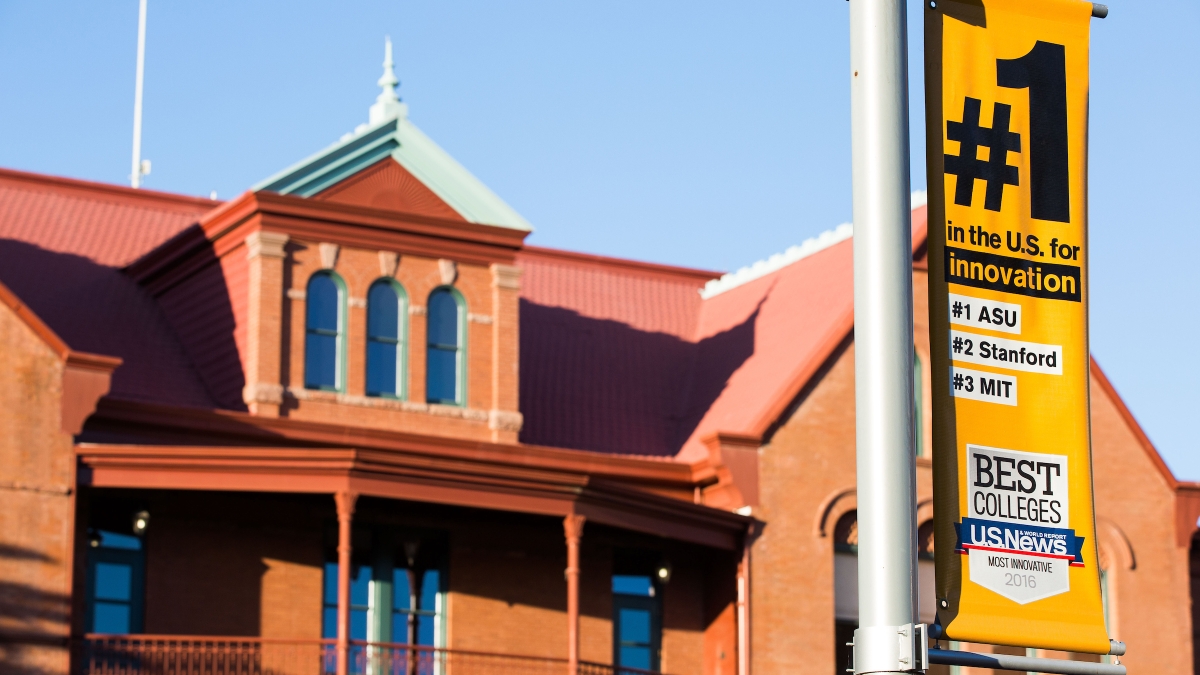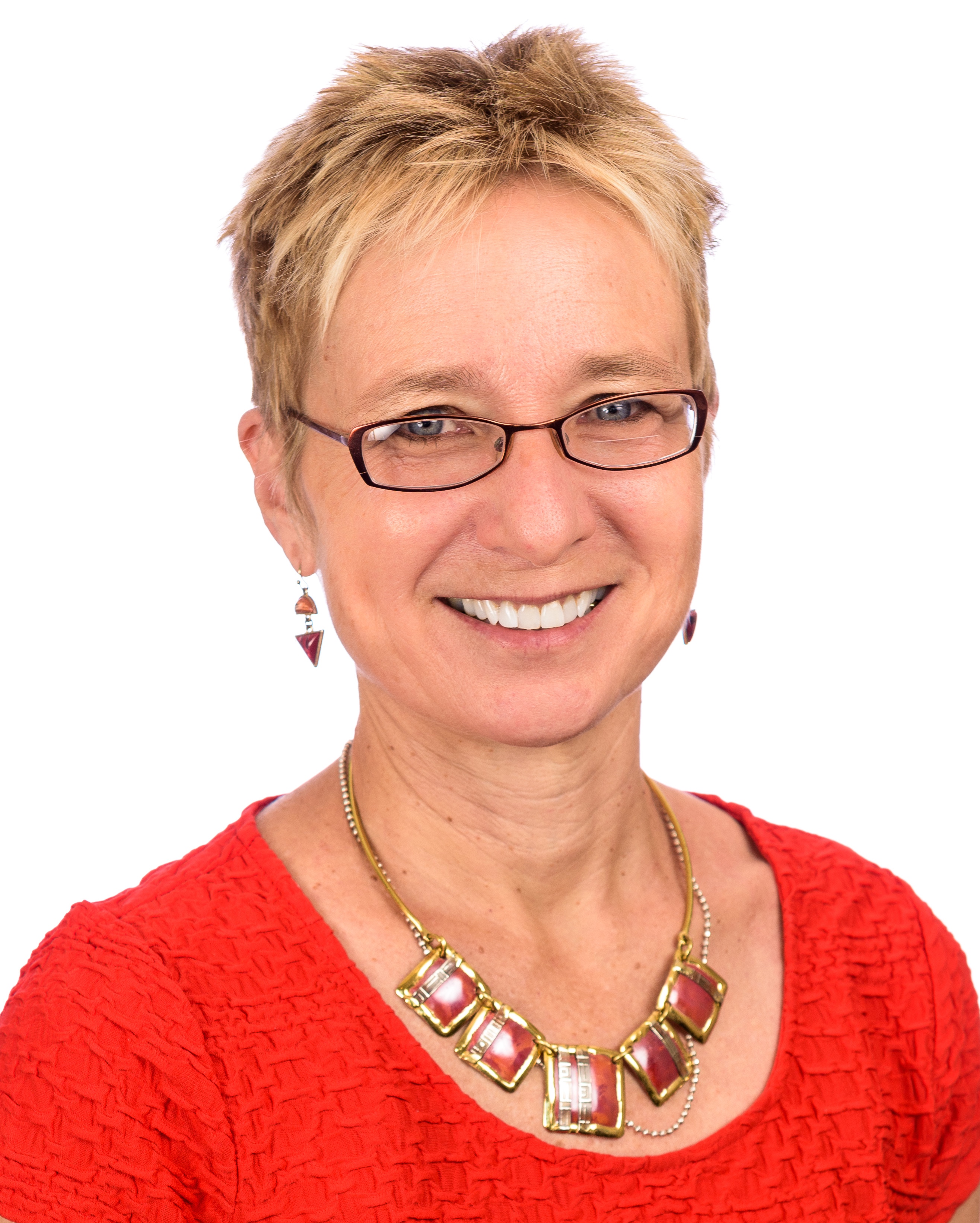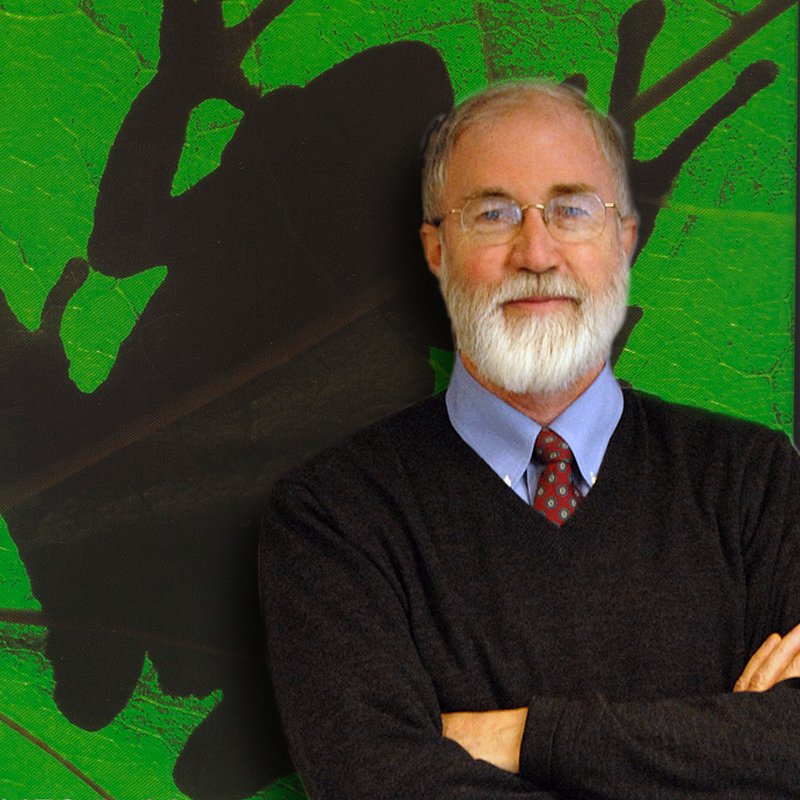2 ASU professors elected to distinguished American Academy of Arts and Sciences

Two Arizona State University professors have been elected to the American Academy of Arts and Sciences, an organization that was formed in 1780 by John Adams, John Hancock and other leaders of the time.
Cheshire Calhoun, faculty head and professor of philosophy in the School of Historical, Philosophical and Religious Studies, and James Collins, the Virginia M. Ullman Professor of Natural History and the Environment in the School of Life Sciences, were chosen for their foundational work in the fields they represent.
They are among the 276 members of the 2020 class recognized for their outstanding achievements in academia, the arts, business, government and public affairs. Others elected to the academy this year include singer, songwriter and activist Joan Baez; former Attorney General Eric Holder; bioethicist R. Alta Charo; and independent filmmaker Richard Linklater.
“The members of the class of 2020 have excelled in laboratories and lecture halls, they have amazed on concert stages and in surgical suites, and they have led in boardrooms and courtrooms,” AAAS President David Oxtoby said. “These new members are united by a place in history and by an opportunity to shape the future through the academy’s work to advance the public good.”
Calhoun’s work stretches across areas of normative ethics, moral psychology, philosophy of emotion, feminist philosophy and gay and lesbian philosophy. Her most recent book, "Doing Valuable Time: The Present, the Future, and Meaningful Living," deals with the various ways that motivations for living life are affected by our connection to temporality.
Professor Cheshire Calhoun
“As an advocate of women in the profession, a leader in her guild and head of the philosophy faculty in (the School of Historical, Philosophical, and Religious Studies), Cheshire Calhoun has also worked tirelessly to create the conditions necessary for new generations of scholars to lead meaningful lives of philosophical engagement,” said the school's director, Richard Amesbury. “Her election to the American Academy of Arts and Sciences is a well-deserved recognition of these many contributions to hopeful and perspicacious living.”
Calhoun is currently the faculty head of philosophy and the editor for the Oxford University Press series “Studies in Feminist Philosophy.” She is a chairperson for the American Philosophical Association’s board of officers and served as chair of the philosophy departments at Colby College and University of Kentucky. Her past positions include director of women’s studies at Colby College and the College of Charleston.
“It is both humbling and extremely gratifying to find myself among the American Academy of Arts and Sciences’ philosophers, a list that includes so many of the philosophers that I admire and have been influenced by, sometimes profoundly,” said Calhoun. “It is also heartening to know that it’s possible to have one’s contributions recognized even if you are someone who has always worked somewhat off the beaten path and at institutions that are not the conventionally elite ones. ASU invested confidence in me when it hired me, and I am glad that the academy has enabled me to offer this return on that invested confidence.”
Collins, an evolutionary ecologist, was chosen for his studies of the role of host-pathogen interactions in species decline and extinction. Collins uses amphibians, along with viral and fungal pathogens, as models for studying the factors that control population dynamics and has been one of the foremost leaders in addressing the global amphibian extinction crisis. He also studies the scientific, ethical and public policy issues surrounding the development and proposed environmental release of genetically modified organisms.
Professor James Collins
“As an internationally respected evolutionary ecologist, Jim Collins is deeply committed to applying his research expertise to critical conservation and policy issues,” School of Life Sciences Director Kenro Kusumi said. “He is a faculty role model as a scholar and public servant, who has been working tirelessly as an advocate for science and to advance STEM education.”
Collins has published more than 170 edited volumes, book chapters and peer-reviewed articles, including the book, “Extinction in Our Times: Global Amphibian Decline.” He has also mentored 23 master's degree students and 19 PhD students while also working for several leading organizations geared toward the advancement of science and the liberal arts, such as the National Science Foundation; National Academies of Sciences, Engineering and Medicine; Association of American Colleges and Universities; and Association for Women in Science. Additionally, he served on the National Science and Technology Council under presidents George W. Bush and Barack Obama.
“Receiving this honor reminds me that mentors matter,” Collins said. “I am grateful to all of those who helped me develop as a researcher and teacher. Students also matter. Throughout the years, undergraduate, graduate and postdoctoral students played a central role in my research. ASU’s support has been constant, providing the personal flexibility and exceptional colleagues needed to develop my research, teaching and service programs.”
The American Academy of Arts and Sciences was founded 240 years ago on the idea that the new republic should honor exceptionally accomplished individuals and engage them in advancing the public good. The academy’s dual mission remains essentially the same with honorees from increasingly diverse fields and with the work focused on the arts, democracy, education, global affairs and science.
The new class will join an elite company of previously elected academy members, including Benjamin Franklin (elected 1781), Ralph Waldo Emerson (1864), Charles Darwin (1874), Albert Einstein (1924), Margaret Mead (1948), Martin Luther King Jr. (1966) and more recently, Michael Bloomberg (2007) and Judy Woodruff (2012).
More Science and technology

ASU technical innovation enables more reliable and less expensive electricity
Growing demand for electricity is pushing the energy sector to innovate faster and deploy more resources to keep the lights on…

What do a spacecraft, a skeleton and an asteroid have in common? This ASU professor
NASA’s Lucy spacecraft will probe an asteroid as it flys by it on Sunday — one with a connection to the mission name.The asteroid…

Hack like you 'meme' it
What do pepperoni pizza, cat memes and an online dojo have in common?It turns out, these are all essential elements of a great…



